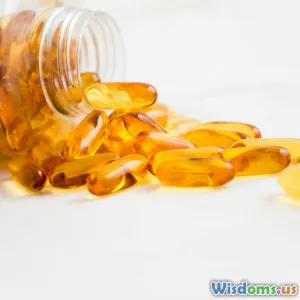
The Truth About Supplements Experts Wont Tell You
13 min read Uncover hidden facts and insider insights the supplement industry doesn't share, helping you make smarter, safer choices for your health. (0 Reviews)
The Truth About Supplements Experts Won't Tell You
Supplements crowd pharmacy shelves and fitness ads, each promising to transform your health, boost your energy, or fill a nutrition gap. Despite their popularity, there’s much the average consumer doesn’t know—because the truth about supplements is far more nuanced than any bottle label or celebrity endorsement suggests. Before you reach for your next daily pill, understand what lies behind the marketing, the science, and your expectations.
The Supplement Gold Rush: Booming Industry, Blurred Lines
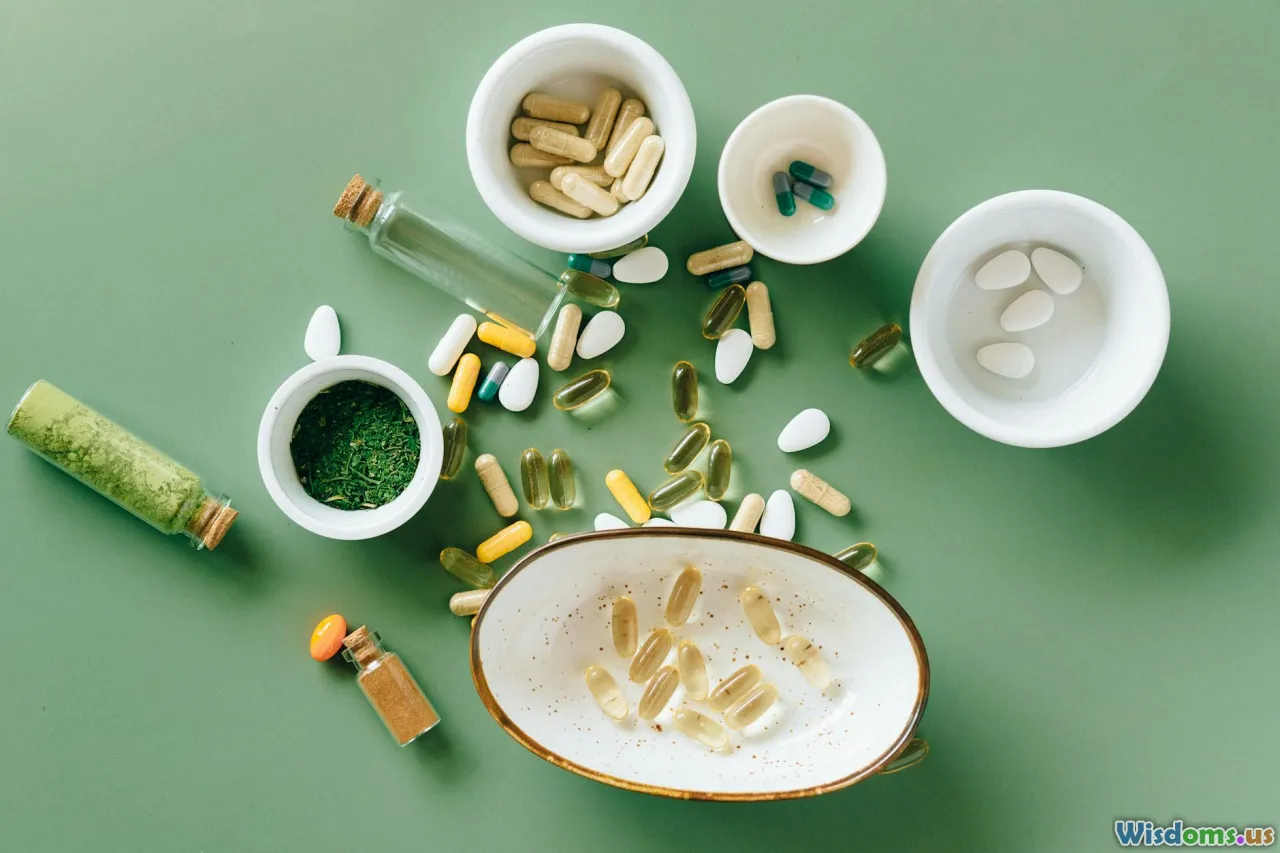
The global supplement market has surpassed $150 billion and is projected to keep growing. There’s a pill or powder for almost every health goal. Multivitamins, fish oil, magnesium, probiotics, turmeric… the list is staggering. For many, supplements are as automatic as brushing their teeth. But few realize that in most countries, including the United States, dietary supplements are regulated as foods, not drugs.
This regulatory technicality has massive consequences. Unlike over-the-counter medications, supplement manufacturers don’t need to prove their products’ safety or effectiveness before hitting store shelves. The FDA only intervenes after problems arise. For example, in 2022, independent third-party testers found dangerous substances like heavy metals and undeclared pharmaceuticals in federally unregulated supplements, leading to scattered recalls.
With wellness influencers and marketing claims multiplying, it's easy to see why confusion and misplaced trust are rampant. However, absence of evidence does not mean evidence of absence—many supplements may work, but equally, many might be useless or even harmful. Evaluating risk and benefit falls primarily on the consumer, not the regulator.
Evidence vs. Hype: What Science Really Shows
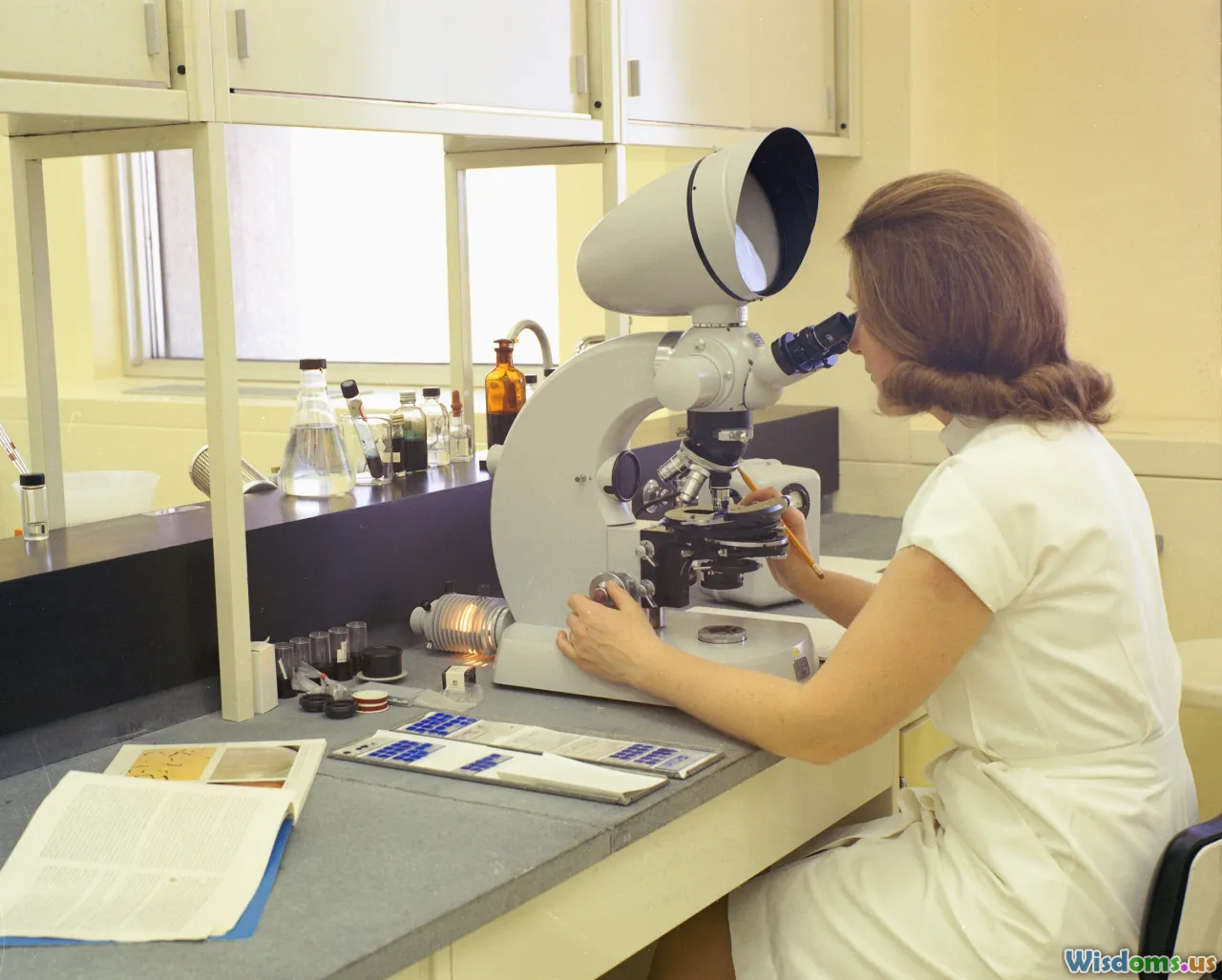
Search Google or scan your favorite health podcast, and you’ll hear countless bold assertions: “Vitamin D prevents cancer!” “Melatonin fixes your sleep!” The reality: the science is vastly more modest and conflicting.
Take Vitamin D, one of the most widely recommended supplements. While essential for bone health, most reputable studies—including major meta-analyses published in journals such as The Lancet—show limited benefit for healthy people who are not deficient. Multivitamins? Large-scale research like the Physicians’ Health Study II tracked over 14,000 doctors for years and saw little impact on rates of chronic disease, cancer, or mortality. Fish oil? Early observational studies suggested cardiovascular benefit, but recent randomized controlled trials like the VITAL study failed to confirm those effects systematically.
So why the disconnect? Human nutrition is intensely complex. Outcomes depend on genetics, underlying health, bioavailability, and interactions. Positive results in cell cultures or rodents often don’t translate to real human benefits. Snappy supplement advertising rarely mentions these nuances.
The Pitfalls of Over-Supplementing: When More Isn’t Better

The phrase “If a little is good, more is better” is misleading with supplements. Taking excess vitamins and minerals can do real harm. For example, Vitamin A in high doses is toxic and can cause liver damage. Excess iron is particularly harmful to those without a true deficiency, leading to organ injury. Even water-soluble Vitamin C has a tolerable upper limit—megadoses can result in kidney stones.
A striking case: in the 1990s, several large trials gave high doses of beta-carotene and Vitamin E to smokers and at-risk populations, hoping to halt cancer. Unexpectedly, those groups experienced higher rates of cancer and deaths. The conclusion, echoed by authorities like the National Institutes of Health, is clear: the safest dose is often the one supplied by a balanced diet, not a bottle.
Label Confusion: What Are You Really Getting?
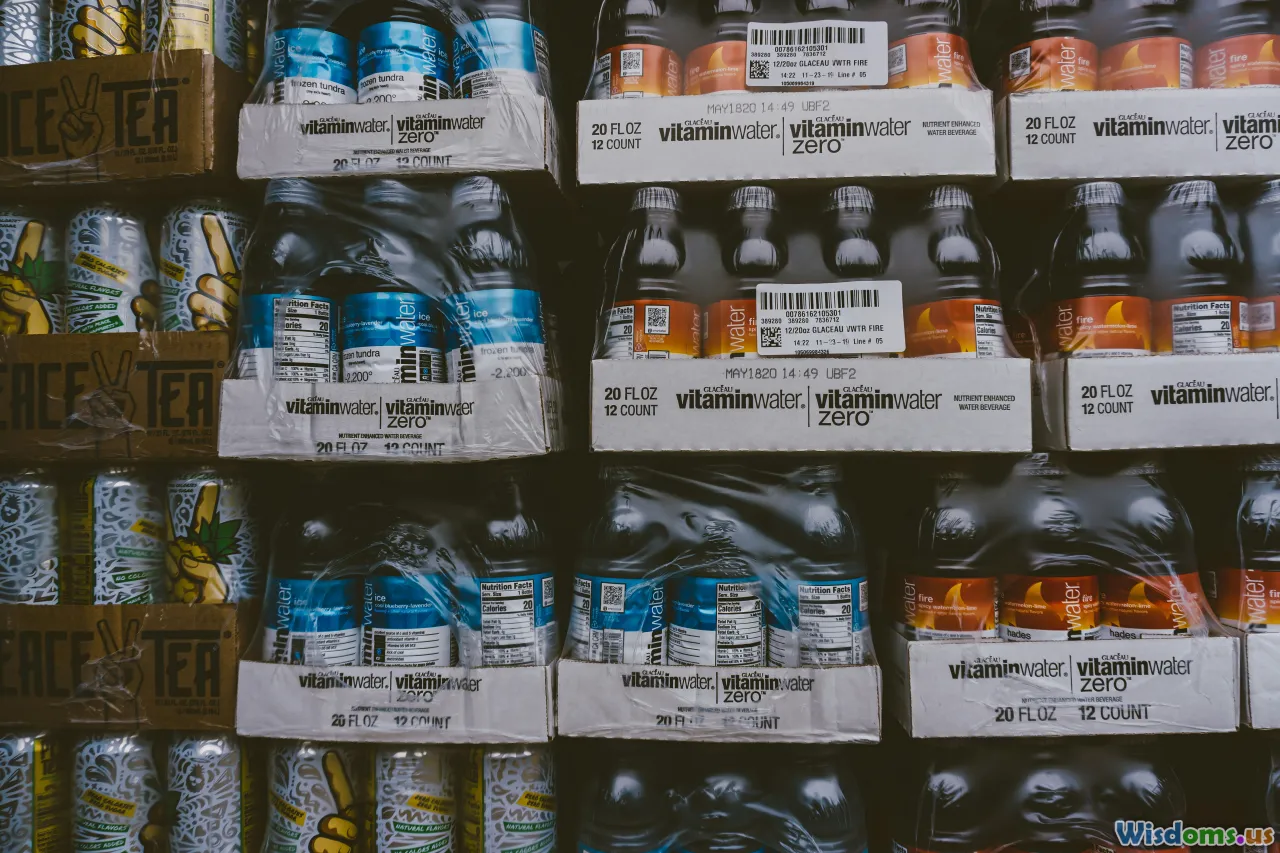
Can you trust what’s on a supplement label? Regrettably, not always. While GMP (Good Manufacturing Practices) standards exist, enforcement isn’t airtight. Investigations by agencies like NSF International and ConsumerLab.com repeatedly uncover products with inaccurate dosages, hidden additives, or outright undeclared prescription drugs, especially in the “natural” or “herbal” supplement segments.
For instance, in 2015, New York’s attorney general conducted DNA tests on best-selling herbal supplements from major retailers. Shockingly, four out of five didn't contain the labeled plant ingredients—instead, filled with rice powder or unidentified fillers. Such cases aren’t isolated.
To protect yourself:
- Prefer brands with trusted third-party certification (USP, NSF, Informed Choice).
- Avoid proprietary blends with unspecified quantities.
- Be wary of “miracle” blends or unspecified proprietary formulas.
Transparency in labeling is also about understanding ingredient sourcing, standardization, and freshness.
“Natural” Doesn’t Mean Safe
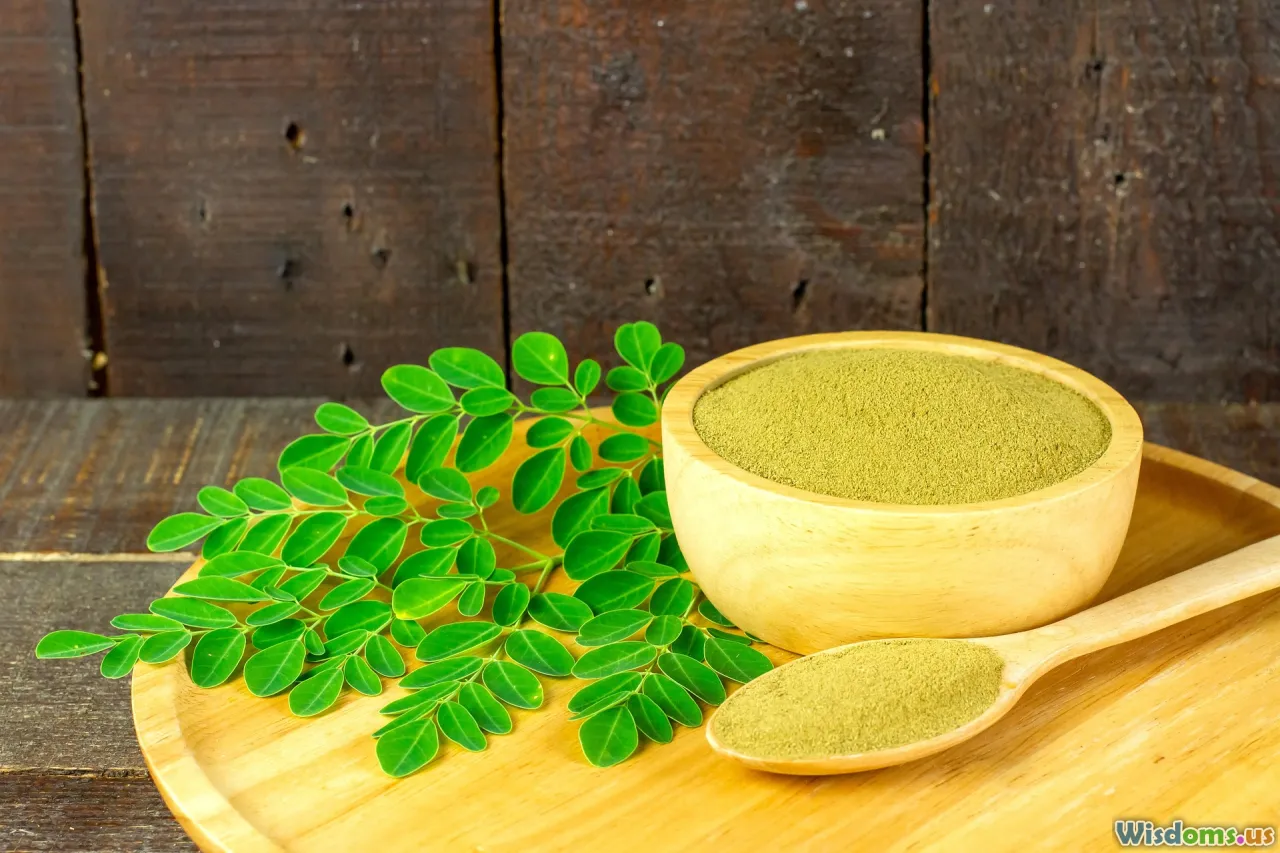
People often assume that “natural” supplements are inherently safer than synthetic ones. Unfortunately, this is a myth. Many of the world’s most potent poisons are natural—arsenic, hemlock, belladonna. Even familiar herbs and botanicals carry side effects, toxicities, or allergies. For example, kava and comfrey have both been linked to severe liver toxicity.
St. John’s Wort, widely used as a natural antidepressant, can dangerously interact with medications like birth control pills, HIV antivirals, and blood thinners, drastically reducing their effectiveness. Another example: grapefruit extract, sold for immune support, can raise or lower blood concentrations of certain prescription drugs, sometimes fatally.
The Center for Disease Control has logged thousands of visits to emergency rooms annually due to supplement reactions or contaminations—unfortunately, many involving products marketed as “pure” or “natural.”
When Supplements Make Sense: Real Deficiencies & Medical Guidance

There’s no denying: for certain individuals and conditions, supplements can provide enormous health benefits when properly indicated. Key examples include:
- Pregnancy: Folic acid before and during early pregnancy is unequivocally proven to prevent neural tube defects.
- Vegan/Vegetarian diets: Vitamin B12 is critical, as it is not found in plant foods. Likewise, certain populations may need iron, zinc, or omega-3 (from algae sources).
- Older adults: Aging can impair B12 absorption; a supplement may be doctor-recommended.
- Medical absorption issues: Diseases such as celiac, Crohn’s, or post-bariatric surgery
- Specific lab-confirmed deficiencies: Such as vitamin D levels below optimal range
Always remember: supplement need is highly individual. What works for one person can be useless or even risky for another. Blood tests and professional evaluation—not guesswork or influencers—should guide your regimen.
The Placebo Effect: Belief as Medicine
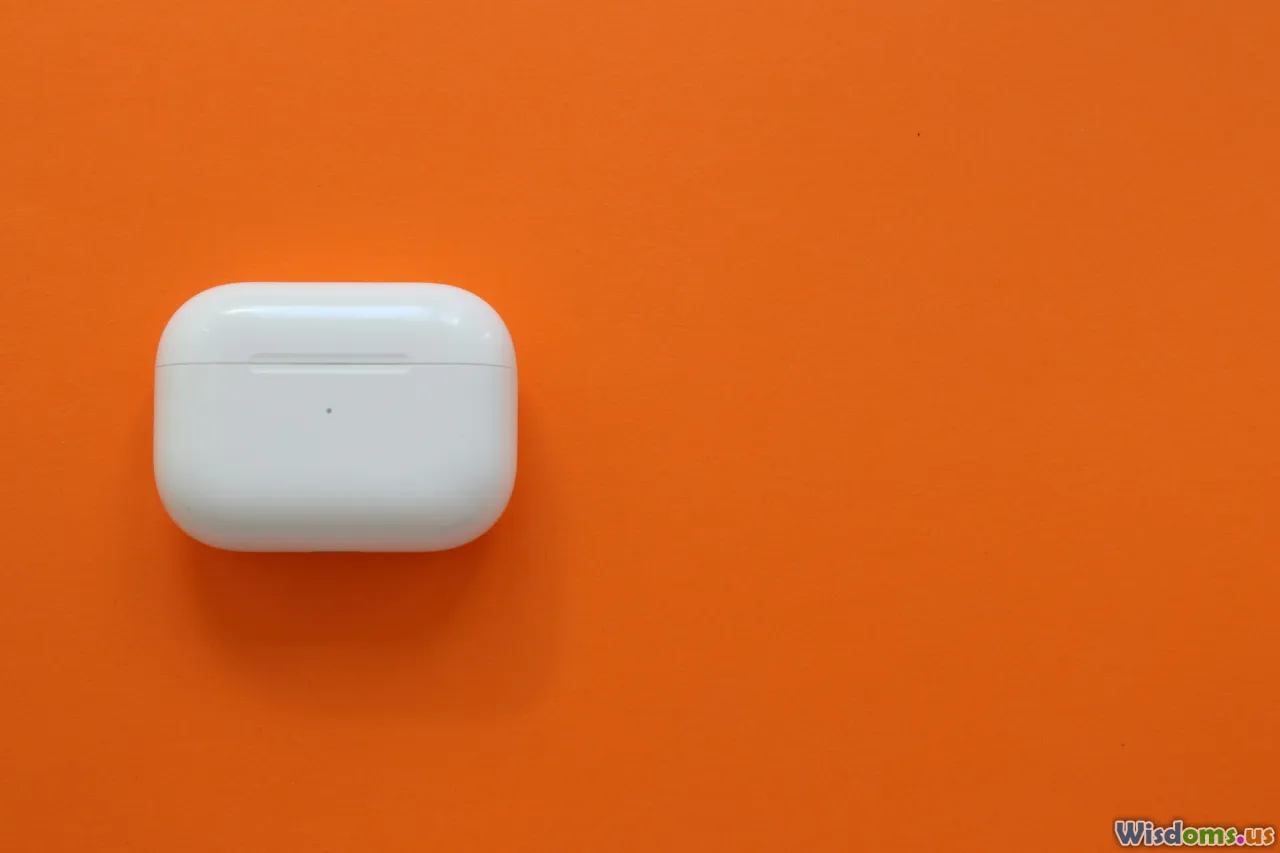
Fascinatingly, countless trials show that believing we’re doing something good for our body—and expecting a benefit—often produces real, measurable changes. The placebo effect can explain why many feel “better” on supplements even when, in clinical terms, the ingredient is inert. Symptoms may improve, but this says more about the mind-body connection than molecular action.
This effect doesn't mean supplements are all bogus; instead, it suggests that feeling empowered and invested in one’s health can drive real outcomes, regardless of the substance. Harnessing placebo effects with low-risk, evidence-based approaches—such as improving sleep, diet, and movement—often trumps the latest miracle supplement.
How to Be a Smart Supplement Consumer: Expert Tips

Given the commercial noise, how can you separate hype from helpful? Consider these evidence-backed practices:
- Consult your healthcare provider. Especially if you are pregnant, have underlying health conditions, or take medications.
- Ask: What am I aiming to fix? Don’t take a supplement "just in case"—target an identified deficit or doctor-diagnosed need.
- Research reputable brands. Look for certification seals (USP, NSF, ConsumerLab).
- Prioritize nutrients from food. Most people can reach essential nutrient goals from diversified diet alone.
- Be exceptionally careful with herbal and imported supplements. Some are laced with heavy metals or prescription drugs—opt for brands with testing transparency.
- Stay current. Continuing research means supplement advice changes over time. Keep learning and stay engaged with recent science.
The Bottom Line: Rethinking "Wellness in a Bottle"

Supplements can play a significant role in bridging true nutrition gaps, but they’re never a replacement for the fundamentals of good health—balanced eating, physical activity, sleep, stress management, and regular healthcare. Over-the-counter supplements aren’t miracle cures nor harmless placebos. They occupy a messy, often misunderstood space between hope and evidence.
If you supplement, approach it like all aspects of your health: with curiosity, caution, and clarity. Look beyond the label, ask questions, and remember that sometimes, the best returns don’t come from a bottle, but from building sustainable, science-backed habits that nourish you each and every day.
Rate the Post
User Reviews
Popular Posts




















